India approves new sports policy with Olympics focus
It replaced the 2001 policy and laid the foundation for India’s transformation into a global sporting powerhouse.
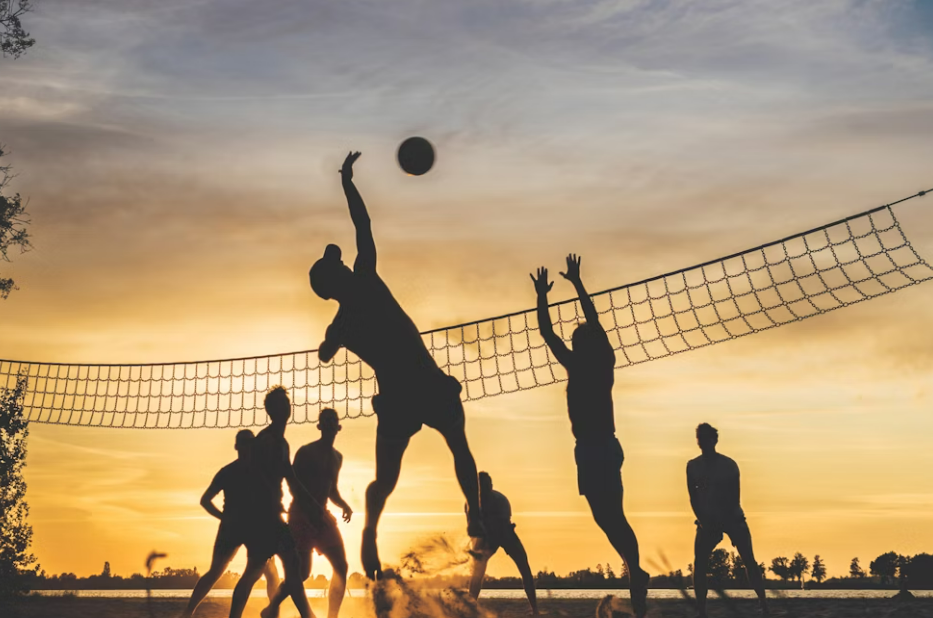 Representative image / Image - Unsplash
Representative image / Image - Unsplash
India’s union cabinet on July 1 approved the National Sports Policy (NSP) 2025, aiming to position the country as a global sporting powerhouse with a long-term focus on the 2036 Olympic Games.
Chaired by Prime Minister Narendra Modi, the cabinet cleared the comprehensive policy that replaces the two-decade-old 2001 framework and outlines a roadmap to promote sports as a tool for national development, social inclusion, and economic growth.
Developed after consultations with ministries, state governments, sports federations, athletes, and the public, the new policy is structured around five pillars: global excellence, economic development, social development, people’s movement, and integration with education.
A major highlight is the policy’s emphasis on early talent identification, grassroots development, and athlete support systems. It proposes nationwide leagues, better infrastructure in rural and urban areas, and the promotion of sports science and technology.
The government plans to engage the private sector through public-private partnerships (PPP) and corporate social responsibility (CSR) funding, boost sports tourism, and support startups in the sports manufacturing sector.
Socially, the policy seeks to increase participation by women, tribal communities, and people with disabilities, while promoting traditional games and dual-career paths for athletes. Sports will be more deeply integrated into school curricula under the National Education Policy 2020.
The implementation strategy includes creating a national monitoring framework with benchmarks and KPIs, encouraging states to align with the model policy, and introducing a legal and regulatory framework for governance.
The policy adopts a “whole-of-government” approach, aiming to embed sports promotion into various national schemes and departmental activities.
The Ministry of Youth Affairs and Sports will oversee execution, supported by a coordinated framework involving other ministries, agencies, and private stakeholders.
ADVERTISEMENT
ADVERTISEMENT
E Paper
Video




 Bhavana P
Bhavana P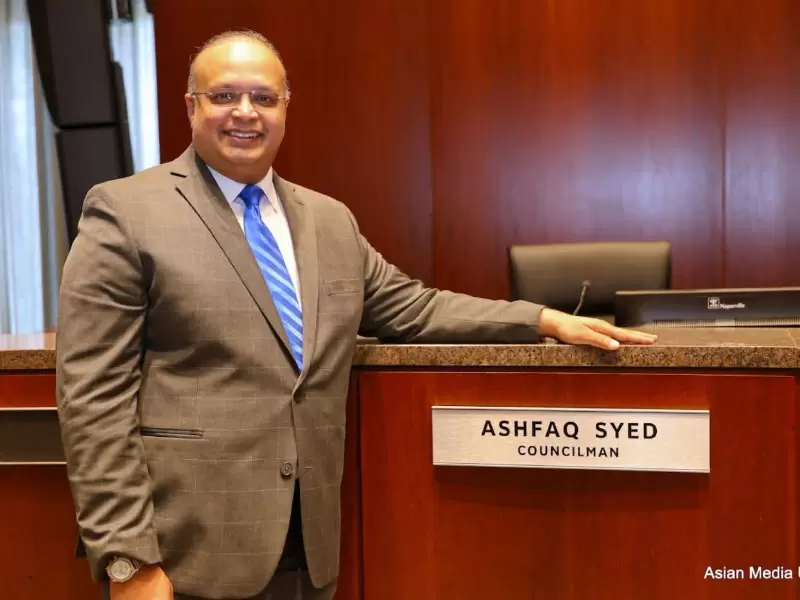

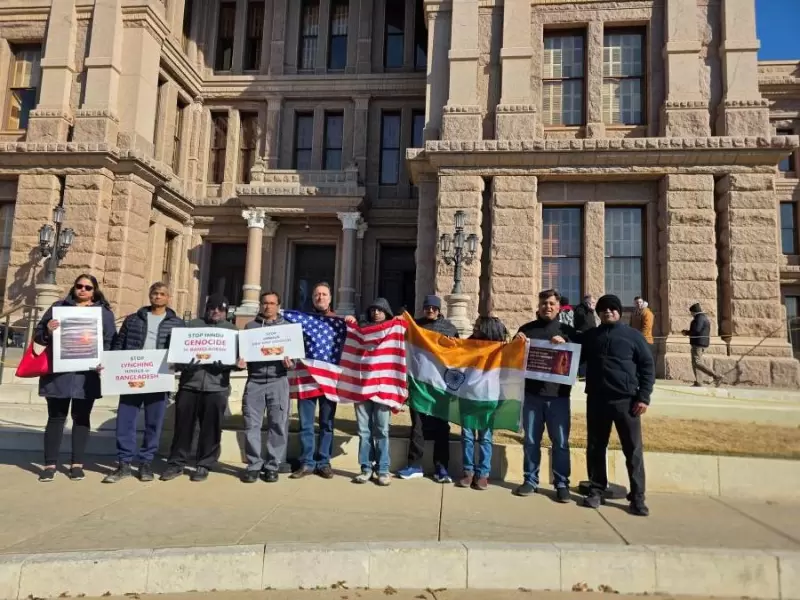
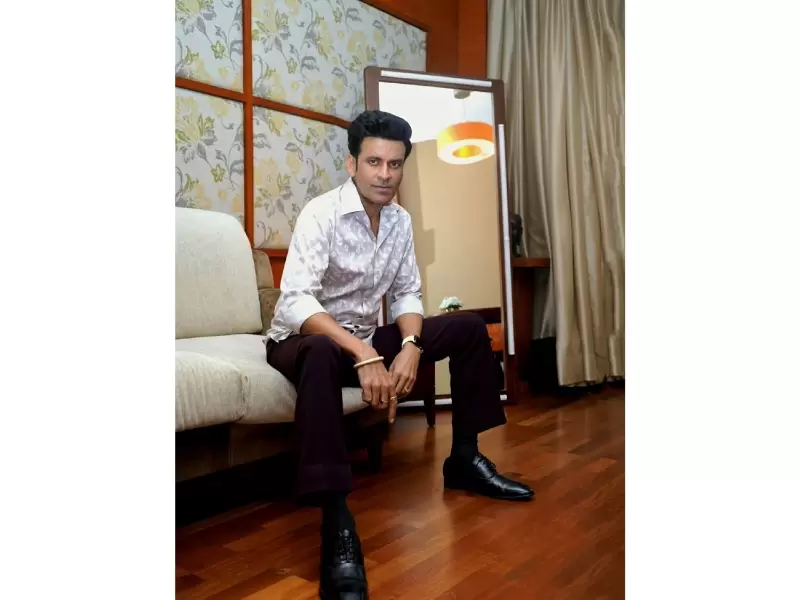


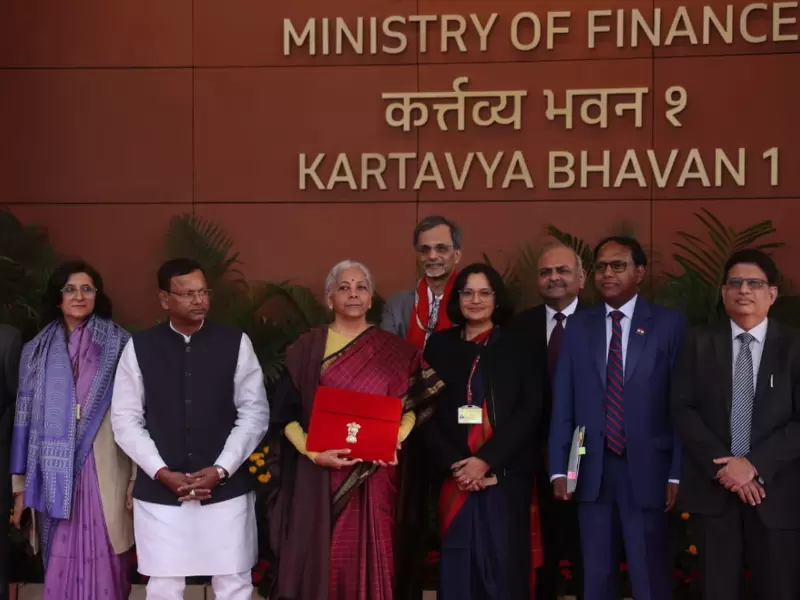
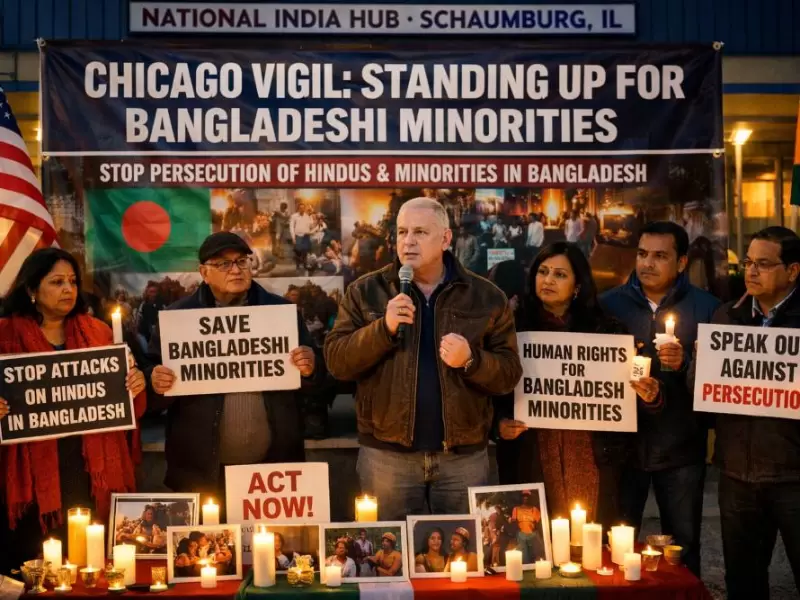

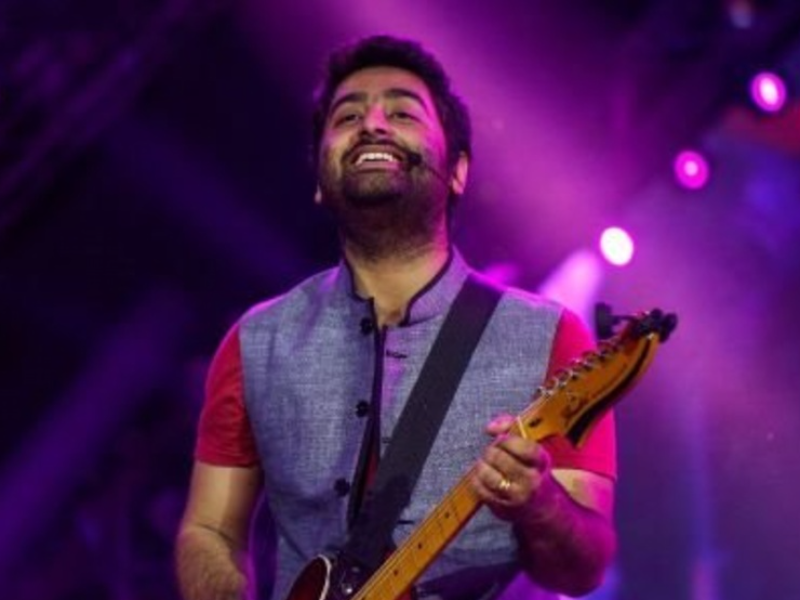
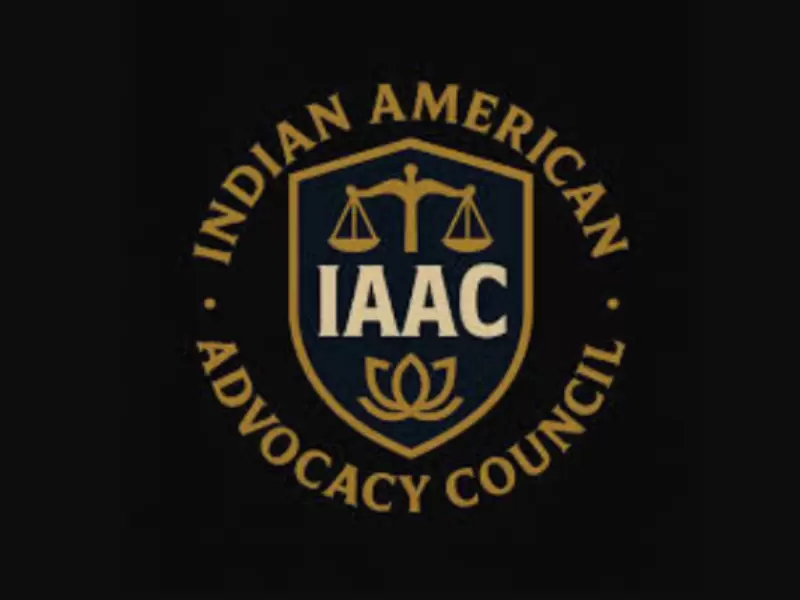



Comments
Start the conversation
Become a member of New India Abroad to start commenting.
Sign Up Now
Already have an account? Login